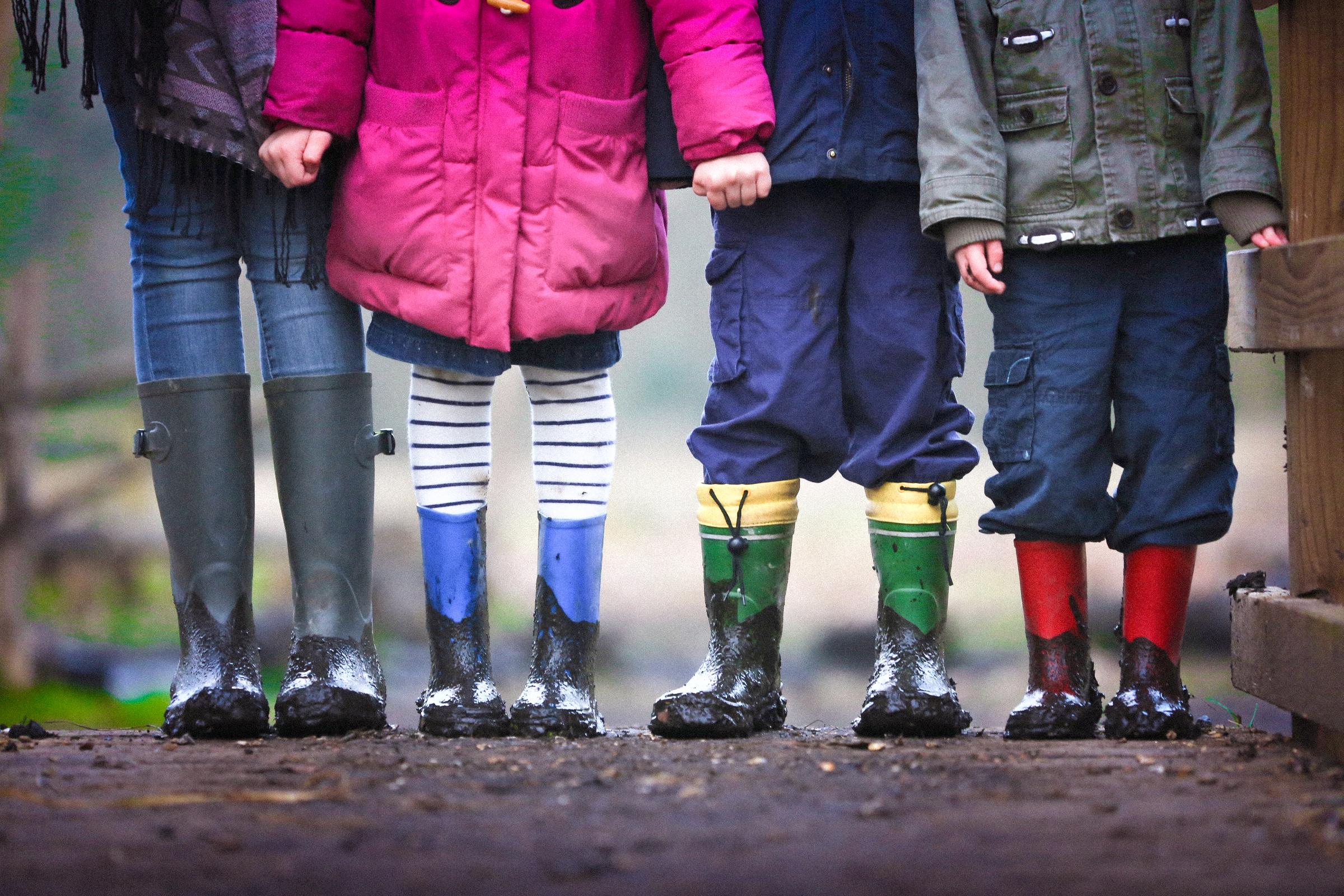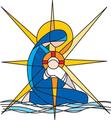Child Safet-Digital Learning

The following are excerpts from our school Digital Learning Policy (Internet, Social Media and Digital Devices)
Each week we will focus on one of our Child Safety documents to remind ourselves of the importance to all of us of the safety of each and every member of our school community.
All of these documents can also be viewed on the Child Safety section of our school website.
The use of digital technologies is a mandated component of the Victorian Curriculum F-10. Safe and appropriate use of digital technologies, including the internet, applications (apps), computers and tablets, can provide students with rich opportunities to support learning and development in a range of ways.
Through increased access to digital technologies, students can benefit from learning that is interactive, collaborative, personalised, engaging and transformative. Digital technologies enable our students to interact with and create high quality content, resources and tools. It also enables personalised learning tailored to students’ particular needs and interests and transforms assessment, reporting and feedback, driving new forms of collaboration and communication.
Our Lady Star of the Sea, Cowes, believes that the use of digital technologies at school allows the development of valuable skills and knowledge and prepares students to thrive in our globalised and inter-connected world. Our school’s vision is to empower students to use digital technologies safely and appropriately to reach their personal best and fully equip them to contribute positively to society as happy, healthy young adults.
Implementation
Safe and appropriate use of digital technologies
Digital technologies, if not used appropriately, may present risks to users’ safety or wellbeing. At Our Lady Star of the Sea Catholic Primary School, we are committed to educating all students to use digital technologies safely, equipping students with the skills and knowledge to navigate the digital world.
At Our Lady Star of the Sea, we:
- use online sites, digital tools and video conferencing platforms that support students’ learning, and focus our use of digital technologies on being learning-centred
- use digital technologies in the classroom for specific purpose with targeted educational or developmental aims
- supervise and support students using digital technologies for their schoolwork, including where programs are delivered virtually via video conferencing platforms, off-site, by another school or instructor while our students remain on-site
- effectively and responsively address any issues or incidents that have the potential to impact on the wellbeing of our students
- have programs in place to educate our students to be safe, responsible and discerning users of digital technologies, including Inform and Empower, eSmart Digital Licence Plus, eSmart Curriculum
- educate our students about digital issues such as privacy, intellectual property and copyright, and the importance of maintaining their own privacy and security online
- actively educate and remind students of our school’s values and expected student behaviour, including online behaviours
- have an Acceptable Use Agreement outlining the expectations of students when using digital technologies for their schoolwork
- use clear protocols and procedures to protect students working in online spaces, which includes reviewing the safety and appropriateness of online tools and communities and removing offensive content at the earliest opportunity
- educate our students on appropriate responses to any dangers or threats to wellbeing that they may encounter when using the internet and other digital technologies
- provide a filtered internet service at school to block access to inappropriate content
- refer suspected illegal online acts to the relevant law enforcement authority for investigation
- support parents, guardians and carers to understand the safe and responsible use of digital technologies and the strategies that can be implemented at home through regular updates in our newsletter, school portal and information sessions.
Distribution of school owned devices to students and personal student use of digital technologies at school will only be permitted where students and their parents, guardians or carers have completed and signed an Acceptable Use Agreement.
It is the responsibility of all students to protect their own password and not divulge it to another person. If a student or school staff member knows or suspects an account has been used by another person, the account holder must notify their classroom teacher or member of the leadership team immediately.
All messages created, sent or retrieved on the school’s network are the property of DOSCEL. DOSCEL reserves the right to access and monitor all messages and files on the computer system, as necessary and appropriate. Communications including text and images may be required to be disclosed to law enforcement and other third parties without the consent of the sender.
All year 3-6 students have been asked to discuss and sign the Digital Learning Acceptable Use Agreement. Please ensure these are signed and returned to school ASA
